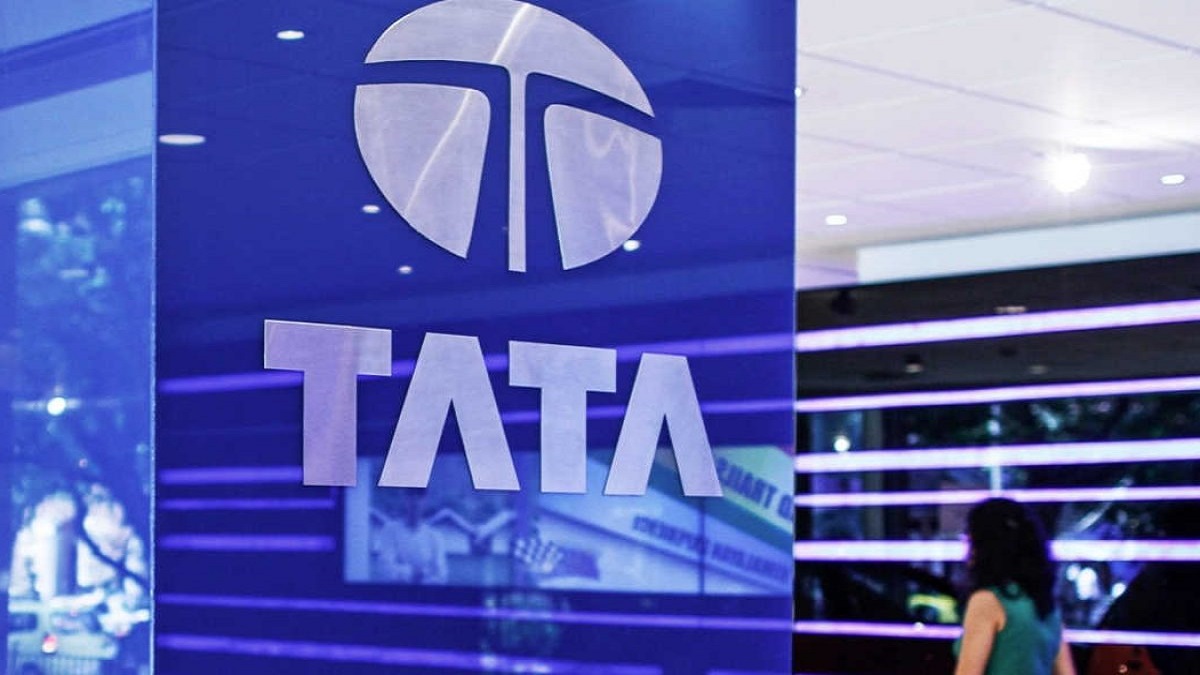UK PM Rishi Sunak and Tata Steel Sign £1.25 Billion Deal: A Milestone for UK Steel

UK PM Rishi Sunak and Tata Steel Sign £1.25 Billion Deal: A Milestone for UK Steel
In a significant milestone for the United Kingdom’s steel industry, Prime Minister Rishi Sunak announced a historic £1.25 billion deal between the UK government and Tata Steel.
This landmark agreement marks a crucial turning point in the revitalization of the country’s steel sector, securing thousands of jobs and paving the way for a more sustainable and innovative future.

The United Kingdom has a rich history in steel production, dating back to the Industrial Revolution. Steel has been a cornerstone of the nation’s economic growth, playing a vital role in the construction of infrastructure, machinery, and transportation.
The idea, according to UK Finance Minister Jeremy Hunt, is a “landmark moment” for the nation’s manufacturing industry. “This £1.25bn joint investment with Tata Steel UK is a landmark moment for our manufacturing sector: securing the future of steel in the UK, a key strategic industry, while facilitating the transition to the green, high skill jobs of the future,” Jeremy Hunt wrote on X.
The agreement states that Tata Steel would invest around £700 million from internal accruals over the course of the next four years in the steel production plant that will be built in Port Talbot, while the UK government will give up to £500 million. Over a ten-year period, the new electric furnaces will contribute to a 50 million-ton reduction in emissions. At Talbot, the firm intends to build a 3-million-tonne EAF.

The deal with the UK Government represents a turning point for the future of the steel sector and the UK’s whole industrial value chain, according to N Chandrasekaran, chairman of the Tata Group. Working on the proposed transition pathway for the future of sustainable steelmaking in the UK with His Majesty’s administration and the Honourable Prime Minister Rishi Sunak has been an incredible delight.
“The proposed investment will preserve significant employment and present a great opportunity for the development of a green technology-based industrial ecosystem in South Wales,” the speaker continued.
However, in recent decades, the industry has faced numerous challenges, including stiff global competition, rising production costs, and environmental concerns.
Tata Steel: A Key Player
Tata Steel, a subsidiary of India’s Tata Group, has been a major player in the UK steel sector for years. The company operates several steel manufacturing facilities across the country, including Port Talbot in Wales, which is one of the largest integrated steelworks in Europe. Tata Steel UK employs over 8,000 people and is a vital contributor to the UK’s manufacturing supply chain.
The £1.25 Billion Deal:
1.Investment in Sustainability: A significant portion of the £1.25 billion investment will be allocated to enhancing the environmental sustainability of Tata Steel’s operations. This includes reducing carbon emissions, transitioning to cleaner energy sources, and improving resource efficiency. The commitment to sustainability aligns with the UK’s ambitious climate goals and supports the transition to a greener economy.
2.Job Security: The deal secures the jobs of thousands of steelworkers across the UK. This stability is essential for the livelihoods of many communities that depend on the steel industry for employment and economic growth.
3.Research and Innovation: The agreement includes provisions for funding research and development projects aimed at advancing steel manufacturing technology. This investment will drive innovation within the industry, making UK steel production more competitive on a global scale.
4.Modernization: Funds will be dedicated to upgrading and modernizing Tata Steel’s facilities, making them more efficient, productive, and environmentally friendly. This will ensure that the UK’s steel sector remains competitive in the face of international competition.
5.Supply Chain Support: The UK government will work closely with Tata Steel to strengthen the domestic supply chain for steel. This collaboration will help ensure that British industries have access to high-quality, locally produced steel, reducing reliance on imports.

6.Steel Decarbonization: A notable aspect of the deal is the commitment to supporting Tata Steel in its efforts to decarbonize steel production. This aligns with the UK’s strategy to reach net-zero emissions by 2050 and will involve the exploration of new technologies and processes to reduce the carbon footprint of steelmaking.
The £1.25 billion deal between the UK government and Tata Steel is expected to have far-reaching positive effects on the UK economy.
It will not only safeguard thousands of jobs but also stimulate economic growth in steel-producing regions. The investment in sustainability and innovation will not only benefit the steel industry but also have a ripple effect across various sectors, including construction, automotive, and aerospace, which rely heavily on steel products.
Moreover, this agreement signals the government’s commitment to revitalizing traditional industries while embracing the transition to a greener, more sustainable future. It exemplifies the synergy between economic growth and environmental responsibility, setting an example for other industries and nations to follow.
The £1.25 billion deal between the UK government and Tata Steel is a monumental step forward for the country’s steel industry.
It secures jobs, fosters innovation, promotes sustainability, and bolsters the nation’s economic growth.

Under Prime Minister Rishi Sunak’s leadership, this agreement exemplifies the government’s dedication to ensuring a prosperous, resilient, and environmentally responsible future for the United Kingdom.
As the steel industry embarks on a transformative journey, it not only preserves its historical significance but also contributes significantly to the nation’s modern and sustainable future.



